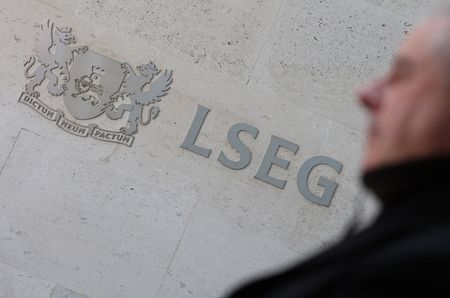By Marleen Kaesebier
(Reuters) -Aroundtown, one of Germany’s largest listed landlords, on Wednesday said it had received initial grid capacity allocations for several data centres in Berlin, a further step towards entering the data centre market.
In May the real estate company said it hoped to team up with more specialised companies after receiving only one regulatory permit so far to convert an office space into a data centre in Frankfurt. It had not yet received the go-ahead for its electricity usage at that time.
Regulatory time-lines, especially for energy approvals, remain a challenge, Aroundtown said on Wednesday. Companies are also finding they are being granted less capacity than they applied for, said Chief Capital Markets Officer Timothy Wright.
In Berlin, Aroundtown had applied for more capacity but was allocated less, he said. Final decisions on the size of the allocations in Berlin are expected by the beginning of next year.
In Frankfurt, energy is even more scarce and Wright expects a decision to still take a few years.
The Luxembourg-based firm said that while its longer-term strategy was to convert full buildings into larger scale data center uses like hyperscaler or wholesale co-location, its shorter-term strategy entails partial conversions into edge or co-location data centers.
Its reasoning is that the latter in part can mean securing only incremental electricity approvals while full building conversions require securing higher energy capacity.
Wright said the company was starting with smaller data center projects based upon smaller grid allocation.
“The option is either, let’s wait until we get the full approval, which will take years, or let’s do something already, whatever we can get and start building it up,” he said.
The company said it is entering discussions with experienced development and operating players in the data centre market.
Earlier on Wednesday, Aroundtown posted half year results which benefited from a recovering German real estate market.
(Reporting by Marleen Kaesebier in Gdansk; editing by Matt Scuffham)









